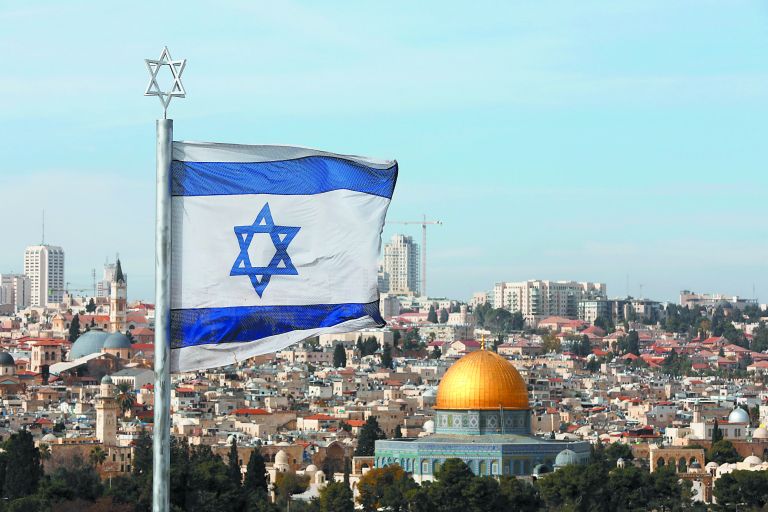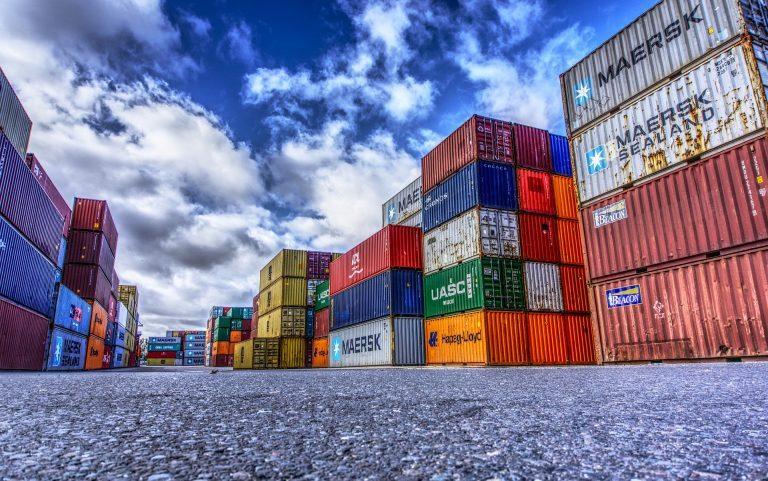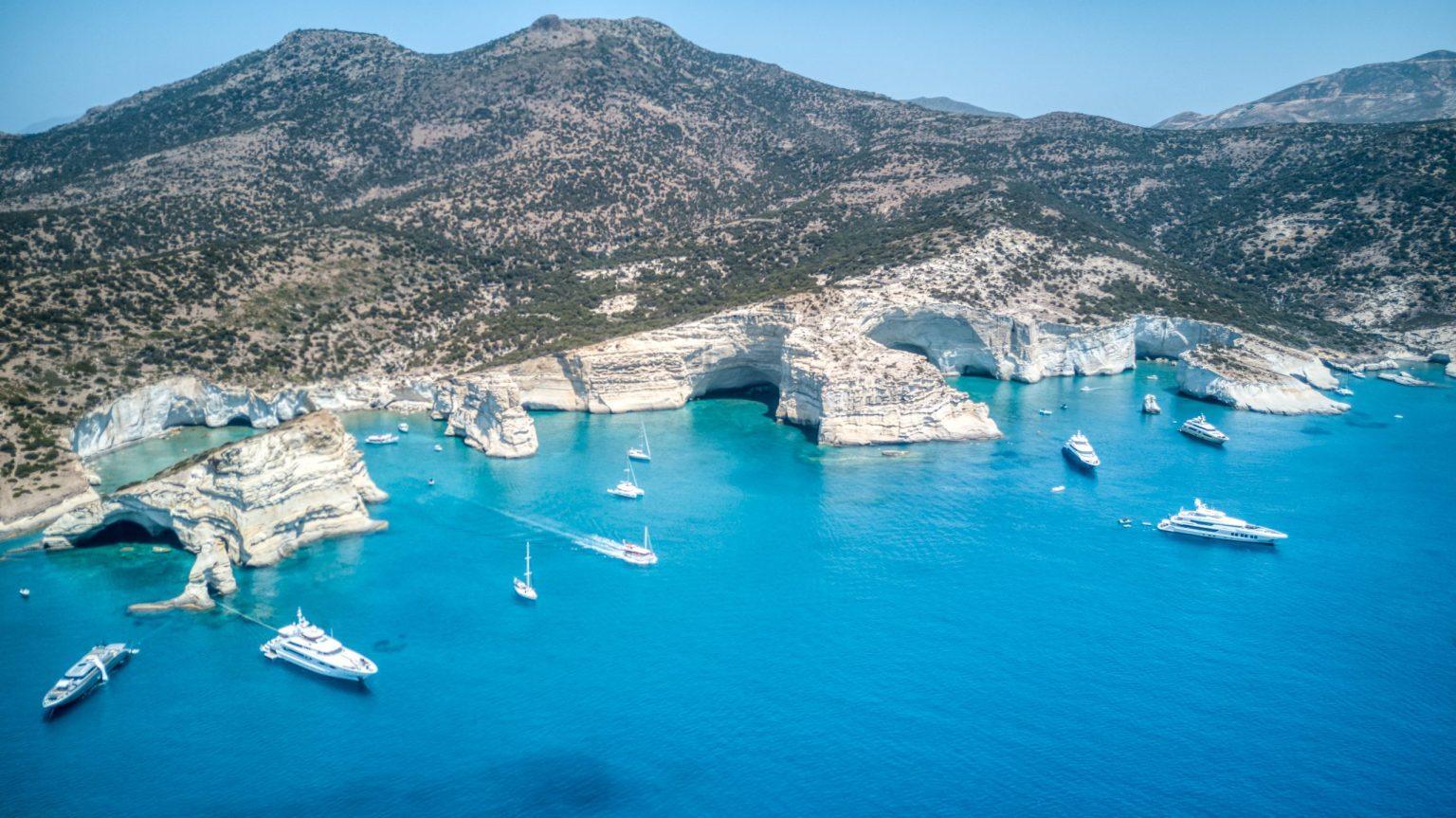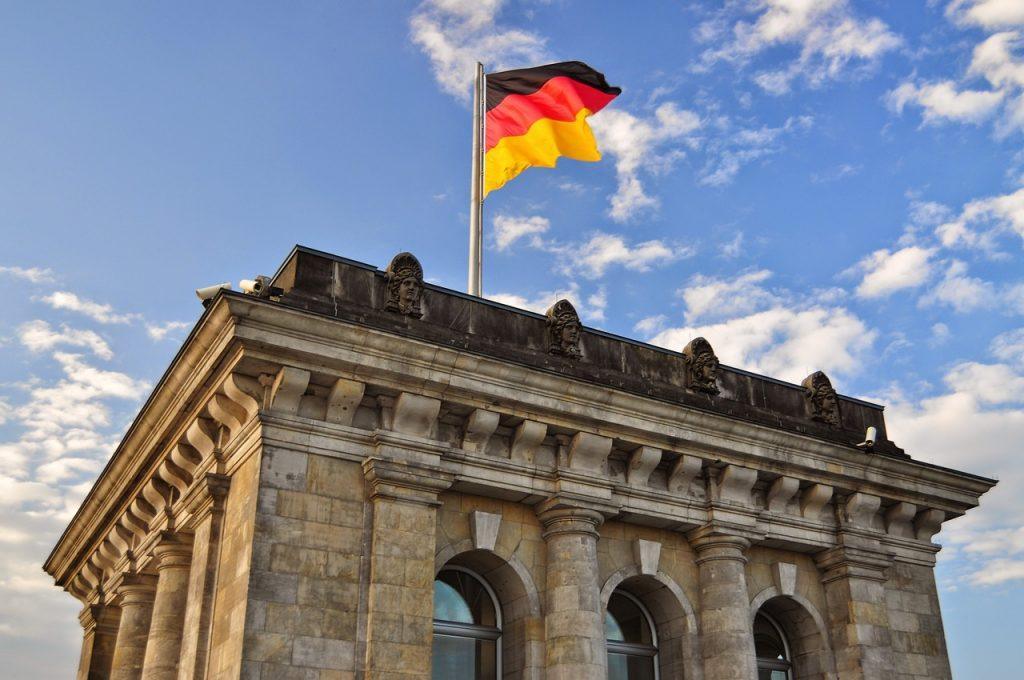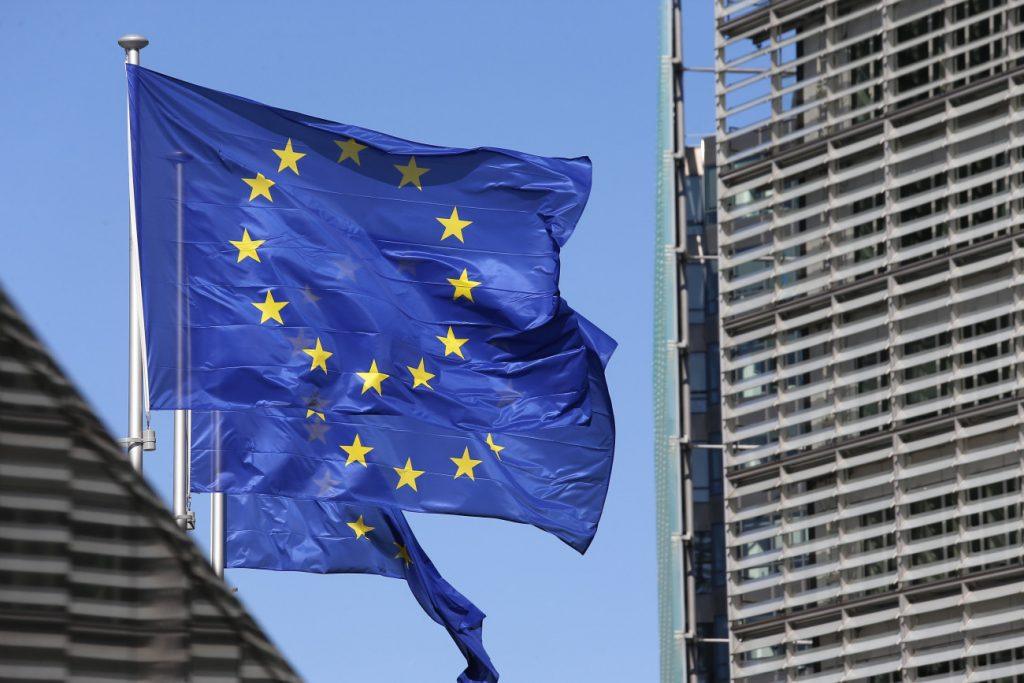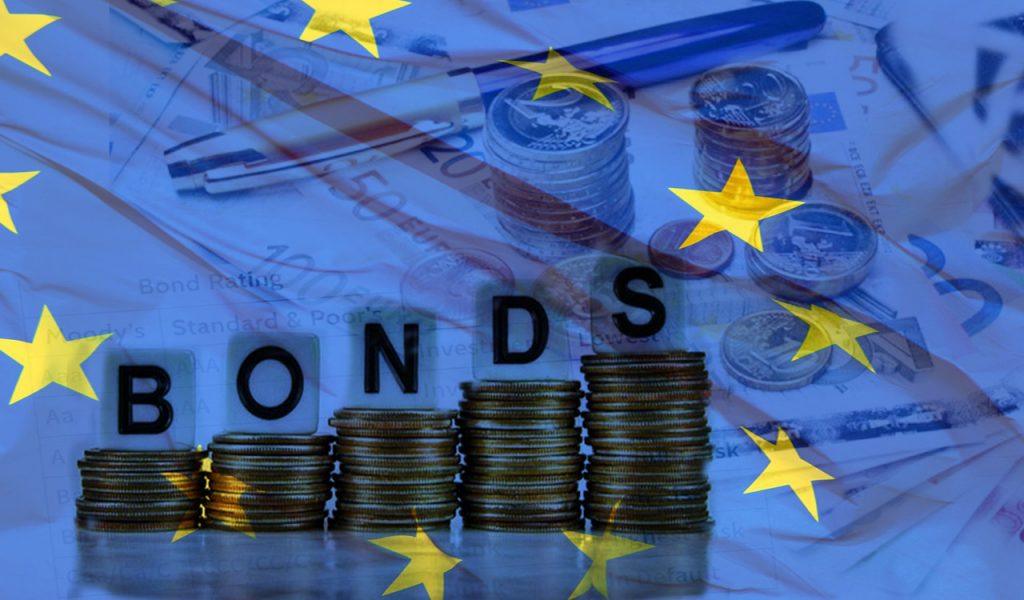The final months of 2023 had nothing in common with the months of protest and institutional crisis that preceded them. The failure of the state apparatus to foresee and prevent the tragic events that occurred has shattered the average Israeli citizen’s confidence in the military establishment, which was perceived until recently as invulnerable, incorruptible and ready for every threat. Israeli society expects those responsible for this serious failure to be held accountable, despite the prevailing belief that Israel will win on the battlefield. When this war is over, the political, military and judicial establishments know that they will be held to account. What remains unclear, however, is whether the question “Who is to blame?” will receive an answer within 2024, given that no one knows when the war will end.
A war on many fronts
The defining feature of the war which began on 7 October is that it involves multiple active fronts. Officially, there is just one front and that lies in Gaza. However, the other still unofficial but active fronts in South Lebanon, the West Bank, Syria, Iraq and the Red Sea could broaden the scope of the conflict.
Although the government in Beirut does not want to embark on any further adventures, Hezbollah seems willing to assume the role of agents provocateurs for Iran and repeat the war of 2006. As a result, the Israel-Hezbollah front became active during the very first days of the current war, with the organization’s leader Hassan Nasrallah referring to a “war of attrition”. However, Israel is now demanding the immediate implementation of the Security Council Resolution of 17/01/2006 which stipulates that South Lebanon should be brought under the control of the Lebanese Armed Forces and that Hezbollah should disarm and withdraw north of the Litani River. If diplomatic efforts by the US, France and Germany fail, it is estimated that it is only a matter of time before Israel declares a parallel war against Hezbollah, taking advantage of the increased Western military presence, which serves as a deterrent against Iran. Moreover, Israeli society seems ready to support such a development, so that civilians will be able to return safely to their homes on the Lebanese border—just as the civilians who abandoned their ruined homes on the Gaza border hope to do.
An unprecedented aspect of this war is the new front opened up by the pro-Iranian Houthi rebels in the Red Sea. This front brings with it the risk of the conflict spreading beyond Israel’s immediate neighbourhood. Thus, over and beyond the US, Britain and the numerous other countries whose economies have been impacted by the closure of the Bab Al-Mandab strait, Saudi Arabia may well view the current situation as an interesting opportunity to counter Iranian regional revisionism while maintaining its pro-Western momentum with a view to normalizing relations with Israel in the future.
Finally, having learned to use the Palestinian Authority’s security forces to its own advantage, particularly in terms of intelligence gathering, Israel now feels in a position to deal with the mobility that characterizes the front in the West Bank.
The next day for Gaza
Despite opposition from the Biden administration, Israel will insist on bringing the Gaza Strip under its military control. They have already imposed a 1–2 km perimeter security zone on the ground, which will be accompanied by limited clearance operations (possibly when the activity in South Lebanon is intensifying). The idea of a “multinational civil administration” in Gaza will be encouraged, in which those Arab countries that have normalized their relations with Israel (Egypt, Jordan, the UAE, Morocco, Bahrain) will also participate, with the expectation of a Saudi presence later. If the White House rejects a proposal along these lines, Israel will try to buy time, hoping that the Republicans return to power in 2025.
However, observers believe that the US and the international community will seek a solution diametrically opposed to Israel’s aspirations, in which the Palestinian Authority regains control over Gaza. With the Americans pushing for the democratization of the Palestinian Authority, they will want to attract Islamist voices willing to distance themselves from their previous involvement with Hamas in its current radical form. Arab and Muslim governments are also expected to take part and encourage the democratization process in the institutions of the Palestinian Authority. Qatar and Turkey will be willing to do so, while Algeria may just prove useful in this regard, mainly due to a series of “Palestinian reconciliation” initiatives undertaken in the past by President Abdelmadjid Tebboune. However, both the inner circle of Palestinian President Mahmoud Abbas and the Fatah ‘deep state’ will carefully weigh up the pros and cons before (and if) they respond positively to the call.
Netanyahu’s future
The outbreak of the war and the participation of Benny Gantz, a reconciliatory figure, in the national unity government under Netanyahu will extend the latter’s prime ministership until the military operations are at an end. Since Netanyahu is now not expected to present his defence before April, no verdict can be reached in the trials, which are crucial for Netanyahu’s political future, for a considerable length of time. Nonetheless, if he is found to have been negligent in respect to what did and did not happen on October 7, his political future will be under serious threat.
* This article is part of the annual Special Edition “ELIAMEP Outlook – Predictions for 2024”, where ELIAMEP’s leading analysts and associates share their predictions for the year ahead. They assess the main challenges, trends, risks, potential opportunities and inflection points of 2024 for Greece, Europe, the Mediterranean and the world.
Source: tovima.com
